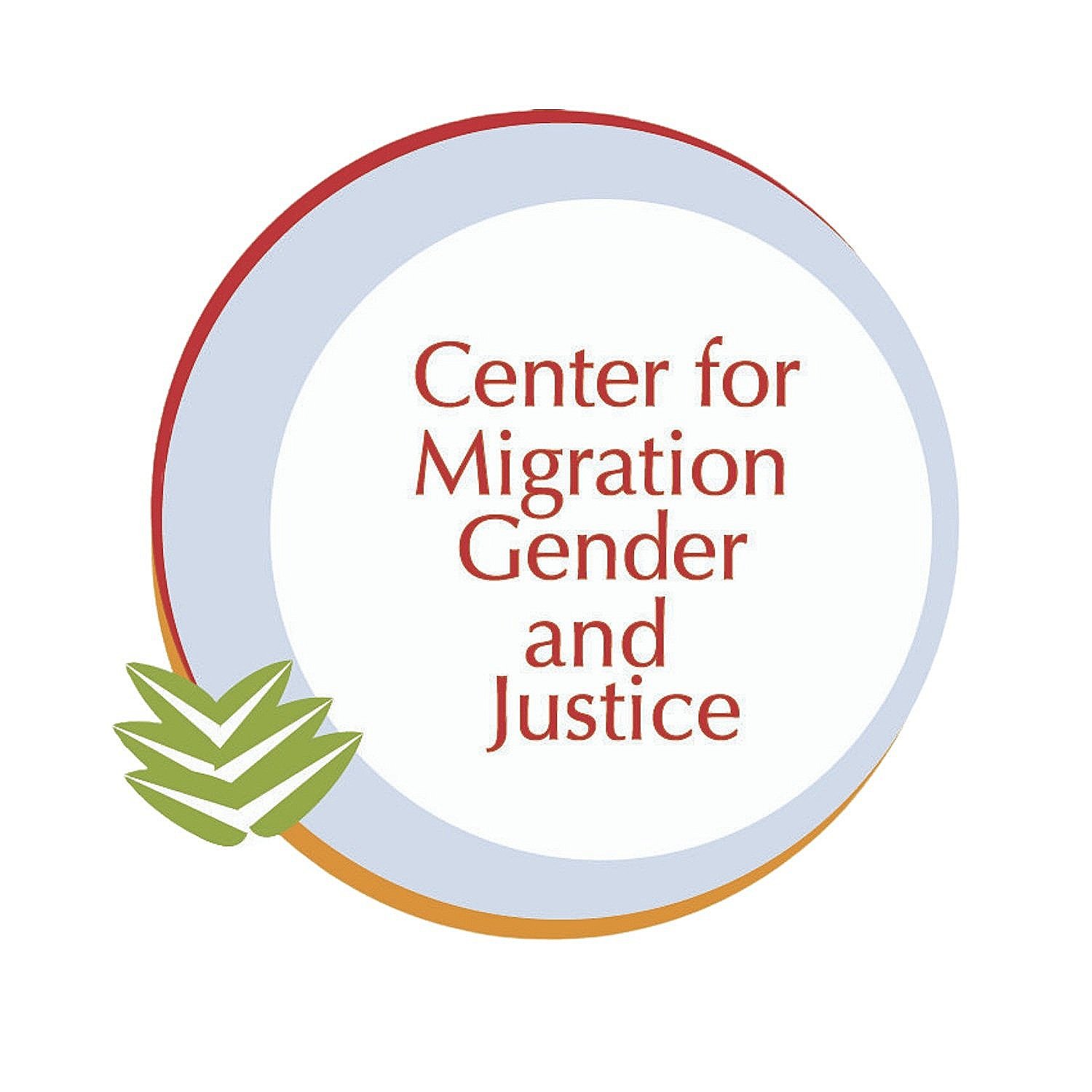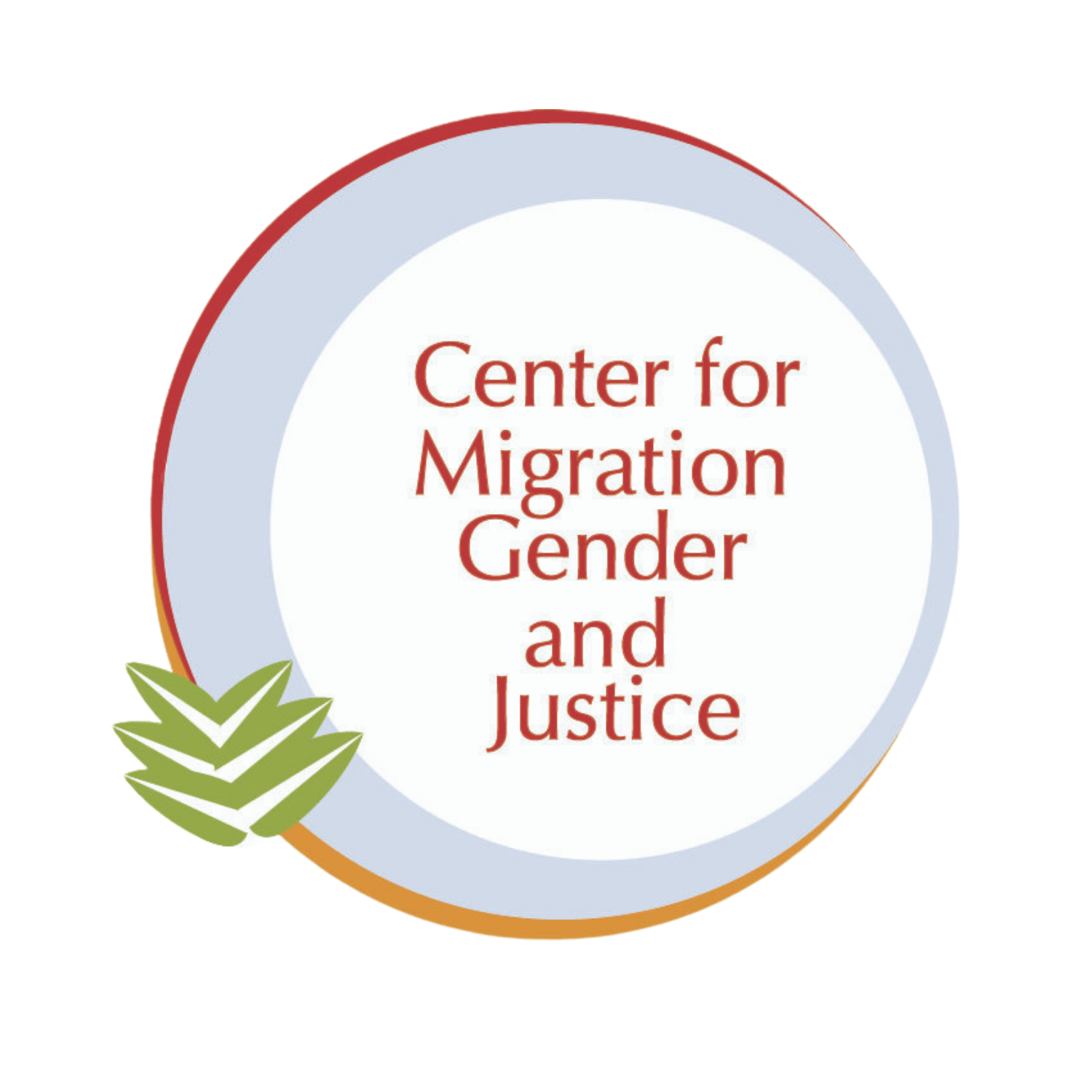Migrant youth advocacy on political participation: Voting rights for all now!
“Voting is a way to make sure that we [as migrants] have a say in what happens in the places we now call home.”
Isis Araújo, CMGJ Migrant Youth Advocacy Training (MYAT) Participant (2023)
Being a migrant youth advocate at the European Youth Event (EYE) in Strasbourg (European Parliament) opened my eyes to voting rights discussion within the EU. The Migrant Youth Advocacy Training (MYAT) equipped me with the advocacy tools and strategies to call for change during the EYE. Here is how:
Step 1: Learning
During the MYAT, we analyzed important EU regulations such as the proposed Crisis and Force Majeure Regulation and the Gender Equality Strategy (2020-2025) by applying CMGJ’s Gender-Migration Index (GMI) based on which we developed recommendations on how to ensure gender-responsiveness and migrant-inclusion in policy. For instance, while examining the Gender Equality Strategy using the GMI, we found that the word “migrant” was mentioned in a limited way. Similarly, when we examined the Crisis and Force Majeure Regulation, we found that it does not address the vulnerabilities experienced by women, girls, LGBTQIA+, and gender-diverse migrants. With this research conducted, myself and my fellow migrant youth advocates in the MYAT were ready to go to the EYE and raise our voices!
Step 2: Understanding
On the very first day of the EYE, during the opening ceremony speech, a Member of European Parliament (MEP) together with the City Mayor of Strasbourg called on European youth to vote in next year’s European Parliament elections, the only institution of the EU directly elected by its citizens.
It turns out that, even though the name of the EYE says “European Youth”, not everybody attending the event was actually European. During my conversations with other participants, I came to know many others that, just like us from CMGJ’s Migrant Youth Delegation, were living and studying in European countries and embraced the opportunity to take part in the event. As migrants in the EU, we face restricted political engagement opportunities due to lack of European citizenship, but we have a lot to say when we have the chance.
Step 3: Action
When the floor was opened during the ceremony, it felt like the perfect moment for us, as migrant youth advocates, to share our lived experiences of what it is like to be affected by policies over which we have limited control due to our migration status. I represented our Migrant Youth Delegation and addressed the political representatives:
You are asking me to vote, but I cannot because I am not a citizen. I am a Brazilian migrant starting my life in Germany. I will soon have a work permit here, but I am not yet a citizen. What is your opinion on voting rights for non-citizens in the EU?
The reply was very diplomatic but generally supportive…
Step 4: More Learning
It is thanks to the MYAT that I could further investigate the importance of migrant voting rights across the EU, which is something that already happens at the local level in some countries. Why is this important?
I believe it is important to allow migrants to vote because it amplifies their voices and includes them in the decision-making process. Voting is a way to make sure that we have a say in what happens in the places we now call home.
An article from the newspaper Delpero (2022) discusses this matter by giving examples of how Denmark, Finland and Sweden allow non-citizens to vote in local elections. Denmark requires at least four years of residency in the country, Finland requires three years, and Sweden requires two years. Other countries that follow a similar trajectory, requiring residency but not citizenship, to vote for local elections are Belgium, Estonia, Ireland, Lithuania, Luxembourg, the Netherlands, Slovakia and Slovenia.
Portugal and Spain are examples of countries with bilateral agreements with other countries regarding voting rights. Portugal has agreements with Brazil, Cape Verde, Argentina, Chile, Colombia, Iceland, Norway, New Zealand, Peru, Uruguay, Venezuela, and the UK (only for citizens who were living in the country before Brexit). Spain has agreements with Norway, Iceland, the UK, Bolivia, Cape Verde, Chile, Colombia, Ecuador, New Zealand, Peru, Paraguay, South Korea and Trinidad y Tobago.
A common feature of these countries is an emphasis on political participation and rights of long-term residents, regardless of their citizenship. This approach reflects a recognition of the value of diverse perspectives and democratic engagement.
In fact, Article 22.2 of the EU Treaty says that if you are a citizen of an EU Member State, you have the opportunity to vote and stand as a candidate in elections to the European Parliament in the Member State based on place of residency, under the same conditions as nationals of that State. For example, if you are a Spanish citizen living and working in Germany – you can vote for a Spanish MEP or a German MEP. Similarly, you can even run for MEP in a country where you reside. This is an important aspect to consider when discussing migration within the EU, as it highlights an existing rule allowing residence-based voting.
Step 5: More Understanding
This learning leads me to think that advocating for voting rights for non-citizens in EU institutions presents an important call to action. Awareness among non-citizens is a necessary step, especially since residence-based voting already exists for citizens within the EU.
Advocacy for migrant voting rights regardless of citizenship within the EU is ongoing. In 2019, an initiative calling for the participation of migrants in both local and EU-elections was launched in Germany, the Wir Wählen network. In 2020, the EU initiative - Voting Rights for All Residents, with voting rights initiatives from 6 European countries, was launched to promote participation and democracy in Europe. Their motto is that “the right to participate in elections is a basic principle of every democratic state” and that migrant participation in elections “promotes integration and expresses social and political equality.”
Step 6: More Action
While the general principle of voting rights is based on citizenship, several EU Member States have introduced residence-based voting in local elections, demonstrating the value placed on the participation of long-term residents in decision-making processes. By extending voting rights to non-citizens, we can create a more inclusive and democratic Europe where all individuals, regardless of their migration status, have a meaningful voice in shaping the future of their communities and the EU as a whole.
It is thanks to my experience in the MYAT that I can now also take part in this debate, with my own opinions on this matter, and engage with European politics in a different way. Voting rights for all now

